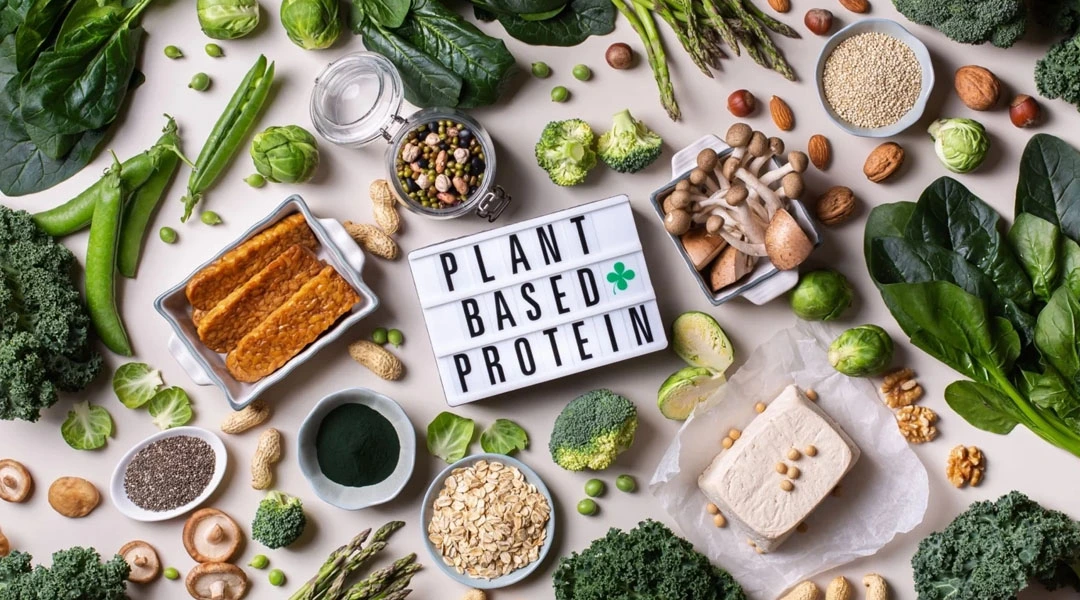When you hear the word “protein,” you probably picture a chicken breast or a sizable piece of steak. That makes sense because one of the most popular sources of this macronutrient is meat. But there are other sources of protein than meat. The protein you require each day can be obtained without consuming meat from poultry, beef, or pork. “When done carefully, people can get all the protein they need from plant-based sources,” says Yash Birla. He is into healthy foods since ages and as a vegetarian his source of protein is plant-based. Plant-based protein refers to protein derived from plant sources rather than animal sources. These plant-based protein sources are often used as alternatives to animal-based proteins, especially by people following vegetarian, vegan, or flexitarian diets. There are numerous plant-based protein sources, including:
- Legumes: Legumes such as beans (e.g., black beans, kidney beans, and chickpeas), lentils, and peas are rich sources of protein.
- Nuts and Seeds: Nuts (e.g., almonds, peanuts, and cashews) and seeds (e.g., chia seeds, flaxseeds, and hemp seeds) are good sources of protein and healthy fats.
- Grains: Whole grains like quinoa, oats, brown rice, and bulgur offer moderate amounts of protein.
- Tofu and Tempeh: These soy-based products are popular among vegetarians and vegans. Tofu and tempeh can be used in a variety of dishes.
- Seitan: Also known as wheat gluten or wheat meat, seitan is a high-protein meat substitute made from gluten, the main protein in wheat.
- Vegetables: Some vegetables, such as spinach, broccoli, and Brussels sprouts, contain moderate amounts of protein.
- Hemp: Hemp protein, derived from hemp seeds, is rich in protein and essential fatty acids.
- Spirulina and Chlorella: These are types of blue-green algae that are high in protein and often used in powdered or supplement forms.
- Plant-Based Protein Powders: Many plant-based protein powders are available on the market, made from sources like peas, brown rice, or hemp. These can be used to supplement your protein intake.
- Plant-Based Meat Alternatives: There are various meat substitutes made from plants, like Beyond Meat and Impossible Foods, which are designed to mimic the taste and texture of animal-based meats.
It’s essential to include a variety of these plant-based protein sources in your diet to ensure you receive a wide range of essential amino acids and nutrients, suggests Yash Birla. Some plant-based proteins may be lower in certain amino acids, so combining different sources can help provide a more complete amino acid profile. Additionally, plant-based protein sources are often accompanied by beneficial fibre, vitamins, and minerals, making them a healthy choice for many people.








Leave A Comment